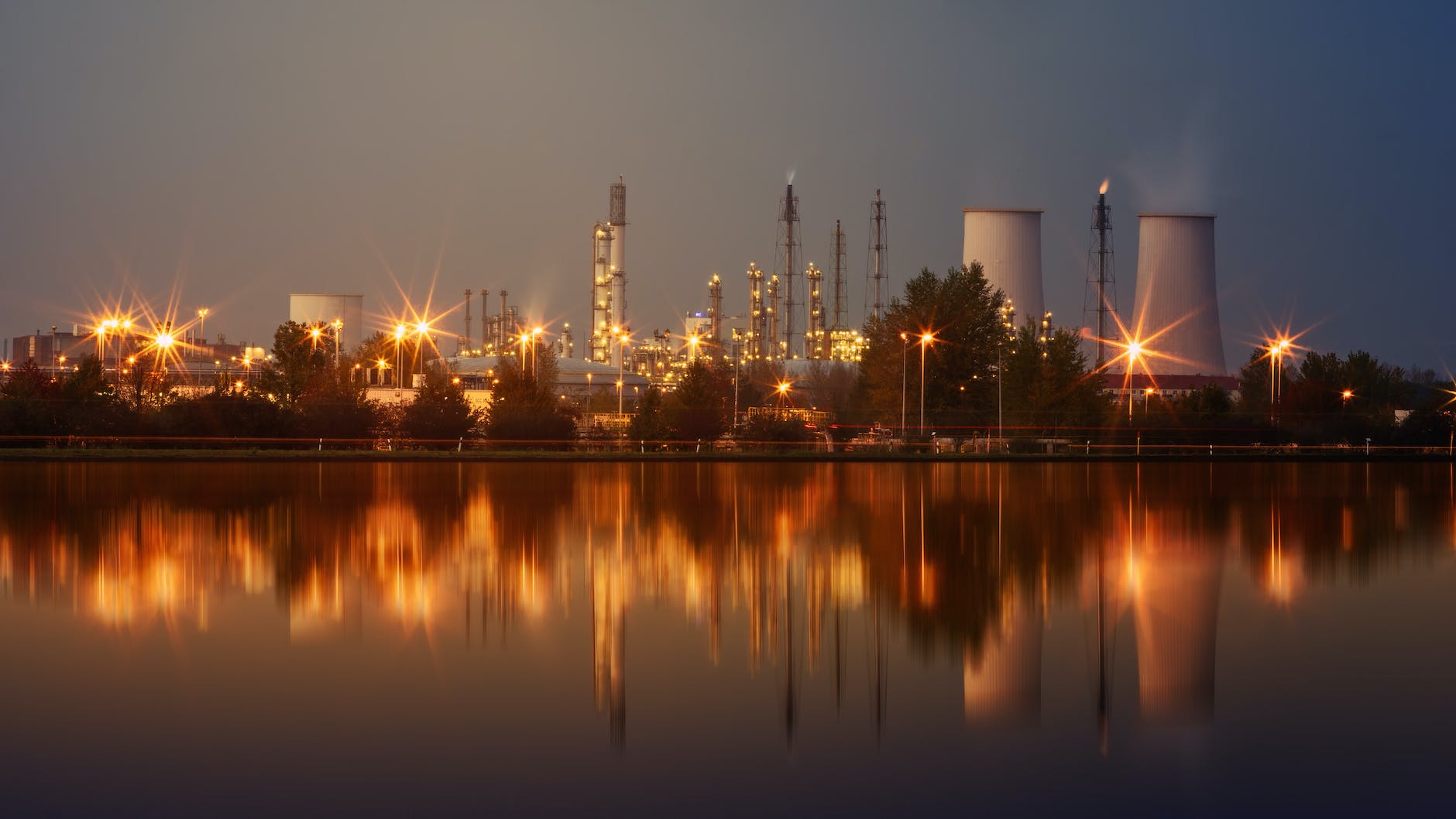
Oil and Gas Safety Interview Questions
Oil and Gas Safety Interview Questions : In the realm of oil and gas, safety is paramount. With the hazardous nature of the industry, ensuring the safety of workers and the environment is of utmost importance. For this reason, companies are keen on hiring individuals who possess not only the technical knowledge but also a strong understanding of safety protocols. This article aims to provide you with a comprehensive list of oil and gas safety interview questions and their answers, helping you prepare for your next job interview in this industry.
Introduction to Oil and Gas Safety
During an oil and gas interview, expect questions related to the significance of safety in the industry. Employers want to know that you understand the potential risks and are committed to creating a secure work environment for all.
Common Hazards in the Oil and Gas Industry
Be ready to discuss various hazards such as toxic gases, explosions, and falls. Explain how risk assessments and preventive measures are employed to mitigate these dangers.
Personal Protective Equipment (PPE) Standards
PPE is vital on oil rigs and in refineries. Describe the types of PPE, their proper usage, and the role they play in maintaining worker safety.
Emergency Response Protocols
Employers want to gauge your reaction to emergencies. Discuss your knowledge of emergency evacuation, first aid, and communication procedures during critical situations.
Safety Data Sheets (SDS) and Chemical Handling
Expect questions on handling hazardous chemicals. Explain how Safety Data Sheets are used and the steps you would take to safely handle and store chemicals.
Working at Heights Safety Measures
For jobs that involve heights, safety is a priority. Discuss your familiarity with fall protection systems, harness usage, and the precautions taken to prevent falls.
Fire Safety and Prevention
Fire is a significant risk. Be prepared to explain fire prevention measures, extinguisher usage, and how you would respond to a fire outbreak.
Confined Space Entry Procedures
Interviewers may inquire about confined spaces. Discuss the protocols you would follow before entering such spaces, including atmospheric testing and monitoring.
Electrical Safety Precautions
Electricity is a common hazard. Describe your understanding of electrical safety measures, including lockout/tagout procedures and the importance of grounding.
Safety Leadership and Communication
Employers value individuals who can lead and communicate safety effectively. Highlight instances where you’ve promoted safety awareness and encouraged others to follow protocols.
Risk Assessment and Mitigation
Discuss your approach to identifying potential risks and developing strategies to minimize them. Emphasize your ability to proactively ensure a safe working environment.
Environmental Protection Regulations
Demonstrate your awareness of environmental regulations in the industry. Explain how you would ensure compliance and minimize the environmental impact of operations.
Transportation Safety in Oil and Gas
Transportation of materials is risky. Talk about safety measures in transporting hazardous materials, ensuring vehicle safety, and preventing accidents.
Contractor Safety Management
Companies often hire contractors. Describe how you would ensure that contractors adhere to safety standards and protocols while working on site.
Continuous Learning and Improvement in Safety
Safety protocols evolve. Explain how you stay updated on industry safety trends and how you contribute to the continuous improvement of safety practices.
Conclusion
Oil and gas safety is a multifaceted topic that requires a deep understanding of risks and regulations. By preparing for these interview questions and providing well-thought-out answers, you demonstrate your commitment to safety and your potential as a valuable asset in the industry.
FAQs
- What is the significance of safety in the oil and gas industry? Safety is crucial in oil and gas due to the hazardous nature of operations, aiming to protect workers, the environment, and assets.
- What is PPE, and why is it important? Personal Protective Equipment (PPE) includes gear like helmets, gloves, and goggles. It safeguards workers against workplace hazards.
- How can one promote a culture of safety in the workplace? Promote safety through regular training, open communication, and leading by example to encourage a safety-conscious work environment.
- What steps should be taken during an emergency evacuation on an oil rig? During an evacuation, follow designated escape routes, assist colleagues, and assemble at designated muster points for headcount.
- How can I stay updated on changing safety regulations? Stay updated by attending safety seminars, subscribing to industry newsletters, and participating in workshops.
























